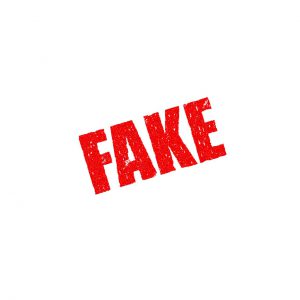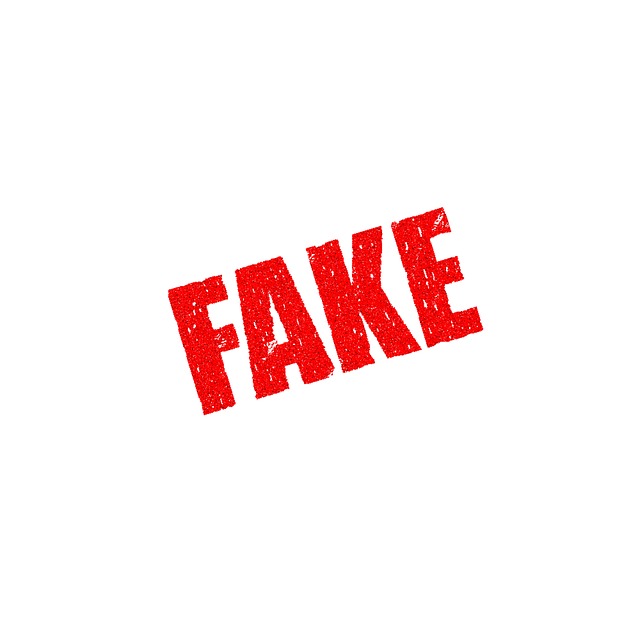 What is Forgery?
What is Forgery?
Forgery is a felony-level crime. New Jersey defines forgery as the crime of creating or altering a document or other instrument without authorization to do so and in order to defraud another person. A person can also be charged for using an item known to be forged even if he/she did not create it.
Under N.J.S.A. 2C:21-1a, in order to be convicted of forgery, an individual must have:
- altered or changed “any writing of another without his authorization”;
- made, completed, executed, authenticated, issued or transferred “any writing so that it purports to be the act of another who did not authorize that act…”; or
- presented “any writing which he knows to be forged in a manner specified” above.
In order to be convicted of the crime of forgery in New Jersey, the prosecution must show beyond a reasonable doubt that an individual performed at least one of these three actions “with the purpose to defraud or injure” another individual.
Commonly forged items include:
- Birth certificates
- Marriage certificates
- Documents of title or deeds
- Stocks or bonds
- Checks
- Prescriptions for drugs
- Passports
- Drivers Licenses
- Credit cards
What Is Considered Forgery and What Are the Penalties for Forgery in NJ?
Third-degree forgery: Forgery of the following items is a third-degree felony in New Jersey:
- money, securities (such as government bonds), postage, licenses, or other instruments issued by the government;
- corporate securities (such as stocks or bonds), or other instruments representing interest in or claims against property (such as deeds or liens);
- prescription blanks;
- checks;
- personal identification documentation (IDs).
In New Jersey, possession of a forged device is also a third-degree felony. A person convicted of a third-degree felony in New Jersey faces a possible sentence of three to five years in prison, a fine of at least $500, or both.
Fourth-degree forgery: Forgery of items other than those listed above and for possession of 15 or more forged or altered sales receipts or UPC labels, are a fourth-degree crimes in New Jersey. A conviction of fourth-degree forgery in New Jersey means a possible sentence of up to 18 months in jail and/or a fine of at least $200.
Disorderly-person forgery: Possession of a single forged or altered sales receipt or UPC label is a disorderly person’s offense (akin to a misdemeanor). A conviction of a disorderly person’s offense can result in a sentence of up to six months in jail, a fine of at least $100, or both.
What Should You Do if You Are Charged with Forgery?
If you are being charged with forgery you should act quickly. A conviction of forgery can show up on background checks and seriously hinder your ability to find a job, take a mortgage or loan and even cross the border. Contact The Rosenblum Law today. Our team of New Jersey criminal defense attorneys will work hard to protect your legal rights, fight to keep you out of prison and keep your NJ criminal record clean. E-mail or Call today at 888-815-3649.


